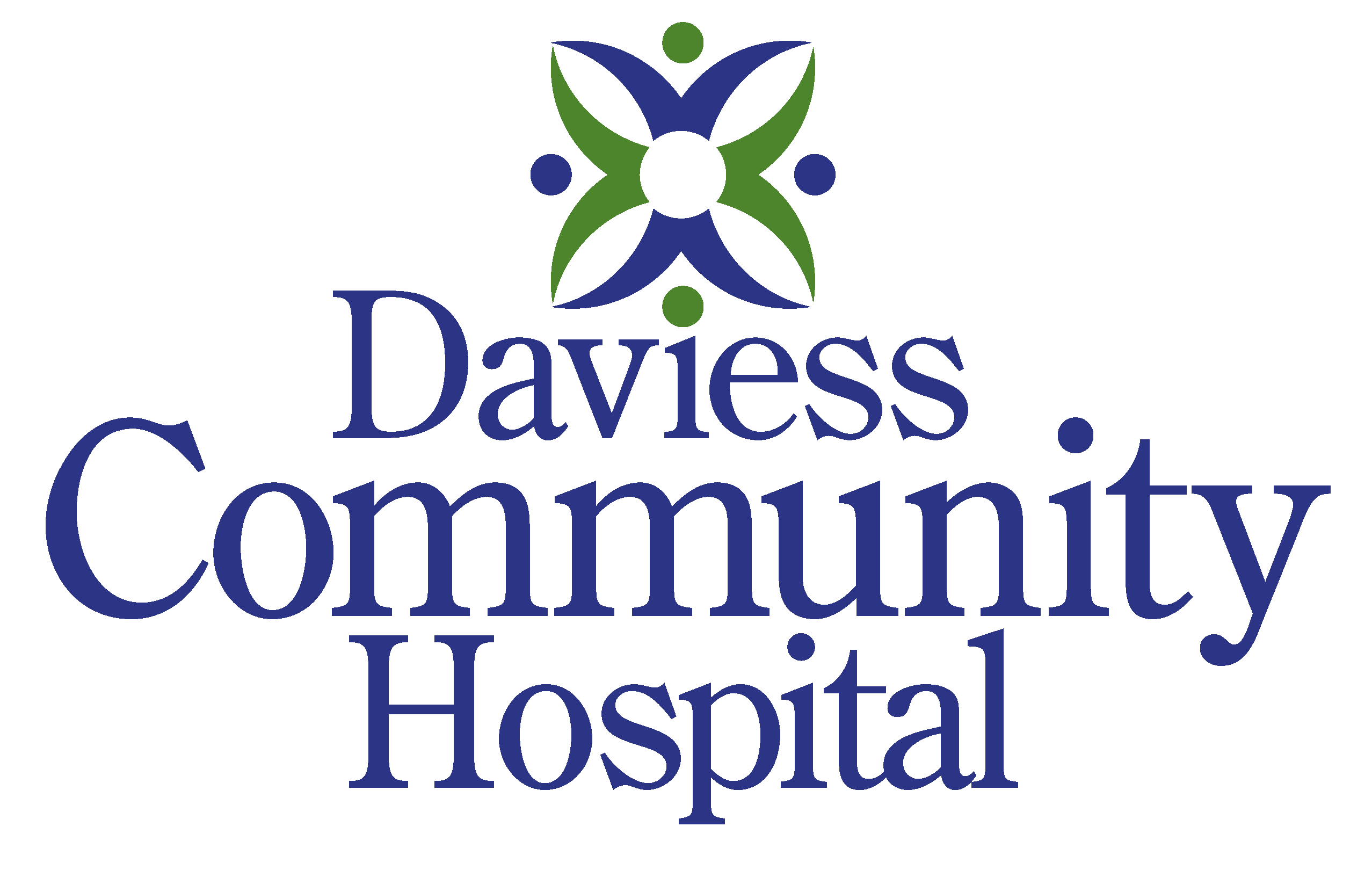
Myofascial Release
Hands-on soft-tissue therapy to reduce pain and restore motion
At Daviess Community Hospital’s CORE Center, myofascial release is one of the manual therapy techniques our therapists use to help you move with less pain and greater ease. This evidence-informed, non-invasive approach applies gentle, sustained pressure to tight or sensitive areas of soft tissue to improve tissue glide, flexibility, and comfort. Care is available in Washington and Odon, Indiana, and we welcome patients from Daviess County and across Southern Indiana.
What is fascia—and why can it hurt?
Fascia is a continuous web of connective tissue that surrounds your muscles, tendons, ligaments, bones, and organs. Healthy fascia is smooth and flexible, allowing tissues to glide as you move. After overuse, injury, surgery, or prolonged stress, fascia can become stiff and sensitive, forming painful trigger points or restrictions that reduce range of motion.
Myofascial release targets these restrictions with precise, sustained pressure and slow, controlled movement to ease tension and improve how tissues move and function.
Who may benefit
Your physical or occupational therapist may recommend myofascial release as part of a personalized plan if you have:
- Neck, mid-back, or low-back pain
- Shoulder, hip, or knee soft-tissue pain and stiffness
- Tendon and muscle overuse (e.g., rotator cuff, tennis elbow, hamstring/calf tightness)
- Headaches or jaw discomfort linked to muscle tension
- Plantar fasciitis or heel pain
- Scar-related tightness after injury or surgery
- Postural or work-related muscle tension
- Limited motion that hasn’t improved with stretching alone
Not every condition requires myofascial release. Your therapist will determine if it fits your goals and how it complements exercise, mobility work, and activity progression.
How myofascial release helps
- Reduces painful tissue tension and trigger-point sensitivity
- Improves tissue glide and flexibility for easier movement
- Supports healthy remodeling of irritated soft tissues
- Pairs with exercise to restore lasting strength and function
Myofascial release can be provided with the therapist’s hands and, when appropriate, combined with instrument-assisted soft-tissue mobilization (IASTM). Your therapist may also incorporate related manual therapy techniques based on your needs.
What to expect
Evaluation
Your visit starts with a focused assessment of symptoms, movement, posture, and goals. We identify the movements and activities you want to get back to and map the soft-tissue contributors.
Treatment
During a session, your therapist applies gentle, sustained pressure and slow movement to the involved areas. Most people describe the sensation as “comfortable pressure” or mild, short-lived soreness. Sessions are often followed by mobility and strengthening to reinforce gains.
Home plan
You’ll receive simple exercises, self-care strategies, and activity guidance to maintain progress between visits.
Is myofascial release right for me?
Consider asking about myofascial release if you have lingering muscle tightness, trigger-point pain, or restricted mobility that hasn’t improved with rest or stretching alone. This technique is non-invasive and can be helpful even when symptoms have been present for months.
Not sure where to start? Call (812) 254-8889—our team can help you decide if manual therapy, including myofascial release, fits your goals.
Locations and scheduling
CORE Center | 421 E. Van Trees Street, Washington, IN
CORE Center at North Daviess | 800 S. West Street, Odon, IN
Call
(812) 254-8889 to schedule an evaluation or ask about referral requirements.
We serve patients from
Washington, Odon, Jasper, Vincennes, Loogootee, Petersburg, Bloomfield, and neighboring communities across
Southern Indiana.
FAQs
Is myofascial release the same as massage?
No. While both are hands-on, myofascial release uses
specific, sustained pressure and slow, targeted techniques to address
fascial restrictions and trigger-point sensitivity, then pairs the gains with mobility and exercise.
Will it hurt?
Most people feel tolerable pressure or mild, short-lived soreness that
eases quickly. Your therapist will adjust technique to your comfort level.
How many sessions will I need?
It depends on your condition, goals, and response to care. Your therapist
will outline a plan and expected timeline after your evaluation.
Can I have myofascial release after surgery?
Often yes—when appropriate and in line with your surgeon’s protocol. We’ll coordinate
with your provider as needed, especially for recent incisions or sensitive scars.

